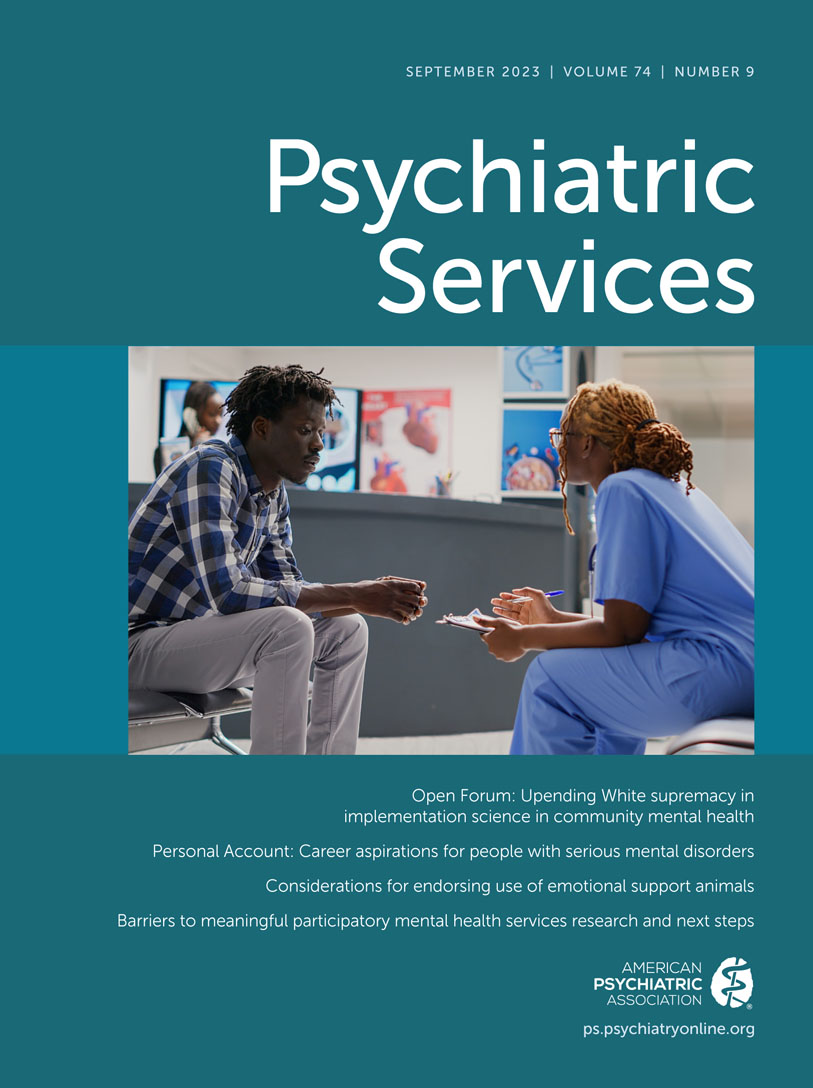Integrating Depression and Alcohol Use Care Into Primary Care in Low- and Middle-Income Countries: A Meta-Analysis
Abstract
Objective:
Evaluation of the effectiveness of integration of depression and alcohol use disorder care into primary health care in low- and middle-income countries (LMICs) is limited. The authors aimed to quantify the effectiveness of integrating mental health care into primary care by examining depression and alcohol use disorder outcomes. The study updates a previous systematic review summarizing research on care integration in LMICs.
Methods:
Following PRISMA guidelines, the authors included studies from the previous review and studies published from 2017 to 2020 that included adults with alcohol use disorder or depression. Studies were evaluated for type of integration model with the typology developed previously. A meta-analysis using a random-effects model to assess effectiveness of integrated interventions was conducted. Meta-regression analyses to examine the impact of study characteristics on depression and alcohol use disorder outcomes were conducted.
Results:
In total, 49 new articles were identified, and 74 articles from the previous and current studies met inclusion criteria for the meta-analysis. Overall random effect sizes were 0.28 (95% CI=0.22–0.35) and 0.17 (95% CI=0.11–0.24) for studies targeting care integration for depression or for alcohol use disorder, respectively, into primary care in LMICs. High heterogeneity within and among studies was observed. No significant association was found between country income level and depression and alcohol use outcomes. However, differences in effect sizes between types of integration model were statistically significant (p<0.001).
Conclusions:
Integration of mental health care into primary health care in LMICs was found to improve depression and alcohol use disorder outcomes. This evidence should be considered when designing interventions to improve mental health screening and treatment in LMICs.
Access content
To read the fulltext, please use one of the options below to sign in or purchase access.- Personal login
- Institutional Login
- Sign in via OpenAthens
- Register for access
-
Please login/register if you wish to pair your device and check access availability.
Not a subscriber?
PsychiatryOnline subscription options offer access to the DSM-5 library, books, journals, CME, and patient resources. This all-in-one virtual library provides psychiatrists and mental health professionals with key resources for diagnosis, treatment, research, and professional development.
Need more help? PsychiatryOnline Customer Service may be reached by emailing [email protected] or by calling 800-368-5777 (in the U.S.) or 703-907-7322 (outside the U.S.).



